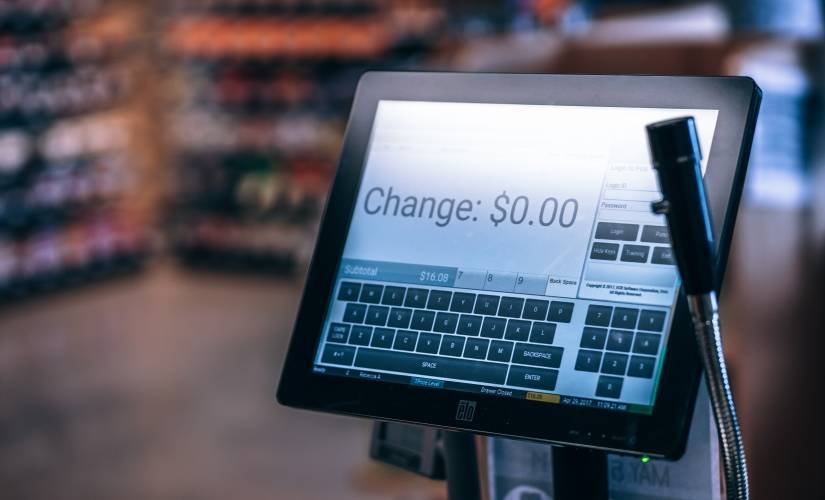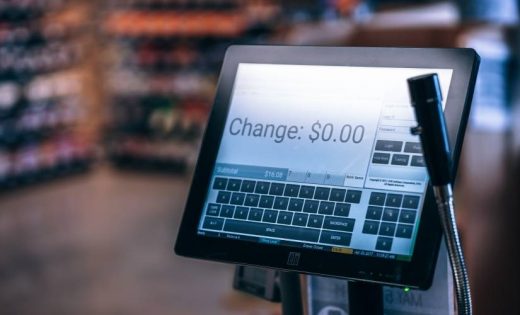Never Mind the Robots: Automation Will Lead to Lower Prices, More Leisure Time
Never Mind the Robots: Automation Will Lead to Lower Prices, More Leisure Time

In the ongoing dialogue surrounding automation, one oddity persists: Everyone fears that jobs will disappear, but no one wants to acknowledge the benefits to consumers.
Critics (especially in the U.S.) are more afraid of temporary setbacks than they are excited for economic liberation. It’s a different story overseas, with one New Zealand company enabling its team members to work four days instead of five. No, they weren’t working 10-hour days. And no, they weren’t paid less. The results, as reported in Fast Company, included a dramatic increase in work-life balance and a slight uptick in productivity — even with a 20 percent reduction in working hours. This is the world that automation makes possible.
Meanwhile, the U.S. economy has become hyperpoliticized. The market standard of a “full-time job” is stuck at 40 hours per week. Any employers who offer their workers fewer than 40 hours find themselves dealing with unintended consequences in other areas of the business. For instance, Affordable Care Act policies dictate that employers must offer health insurance to individuals who work at least 35 hours per week. Why would someone accept a job for fewer hours if it meant he or she could lose health insurance? This is only one example, but the American marketplace is littered with similar issues.
No matter how many hurdles stand in the way, though, the U.S. cannot stem the tide of automation indefinitely. The Asian Development Bank recently reported that the economic benefits of automation will be greater than any potential disruption to the job market, pointing to several examples in Asia.
Automation will lead to greater productivity, which will, in turn, lead to better wages and cheaper goods. In China, factory robots have moved workers from repetitive tasks into more high-value jobs. If the U.S. job market were liberated from regulatory snags, workers would see much greater flexibility in terms of hours and location. Automation frees workers and employers to create customized plans that maximize value and innovation, but that can only happen if regulators step aside.
Unfortunately, the American job market is anything but unregulated. Processes that should be smooth in response to advancement are spasmodic, leaping forward in bursts only when politicians deem it appropriate. The U.S. deals with revolution instead of enjoying evolution, and big changes feel more threatening than the gradual progression of automation.
Such overregulated markets give old technology a “sticky” capability. Even though new tools could have replaced them, Americans still rely on manually driven trucks. Instead of slowly integrating pieces of automation over time, Americans face a sudden leap from human drivers to total automation — and it feels scary.
Automation empowers people to spend their time doing things they enjoy, which usually means not working. The economic point of this process is to relieve manpower from manual labor and put energy toward creative and highly productive tasks. In this way, automation does not get rid of people but economizes on their more advanced abilities to adapt and learn.
Better Living Through Automation
Today’s manufacturing plants should (and often do) let machines handle the heavy lifting. Fewer people work on the floor, but more people create, oversee, guide, and maintain the machines. This new economy allows employers to pay higher wages to their skilled laborers, lowers the cost of each item, and increases competition between businesses. The result of this process is a legion of highly paid humans in a market with cheaper goods.
In an automated industry, workers who were once limited to manual labor are liberated to help entrepreneurs create new innovations or even to start their own businesses. When monotonous jobs die, new jobs arise as budding businesses gain access to laborers who can further their visions. These small businesses create jobs because they have people to fill the positions — not the other way around.
Automation pushes resources out of unproductive gaps and into more useful areas. People make more money per labor hour because the value of their output is so much greater, and the prices of goods fall because production costs are so much lower. The discussion regarding automation often focuses on whether people will keep their full-time jobs, but we should instead be celebrating the death of the 40-hour workweek.
If people receive higher wages and gain access to cheaper goods, they should not want to work 40 hours a week — and they certainly won’t need to. Automation frees people to lead more fulfilling lives, allowing them to pursue hobbies and interests that would be off-limits in a world where they had to trade more of their waking hours for money.
America and other countries obsessed with this dated view of “full-time work” must drop the issue. The gig economy is here to stay. Political constructs that keep the 40-hour workweek relevant are remnants of factory labor from the Industrial Revolution and have nothing to do with the economy of the new information age.
Automation saves the human race from manual, boring, and dangerous work. Mining, for instance, has never been safer than it is today, and it will become safer as machines do more of the work. If regulations were to restrict automation related to mining, countless workers would once again be forced to risk their lives underground in dangerous conditions. It’s a pointless exercise — and one that automation should make outdated in every industry from mining to tech development to healthcare.
The future of the automated world boils down to a fundamental economic fact: Capital increases the productivity of labor, and a more productive (and better compensated) labor force enjoys more leisure time and cheaper goods. The transition to an automated reality will not be without associated growing pains, but that is definitely not a valid reason to avoid progress. Automation is unstoppable, and we would all be wise to ride the wave rather than fight the tide.
The post Never Mind the Robots: Automation Will Lead to Lower Prices, More Leisure Time appeared first on ReadWrite.
(31)


